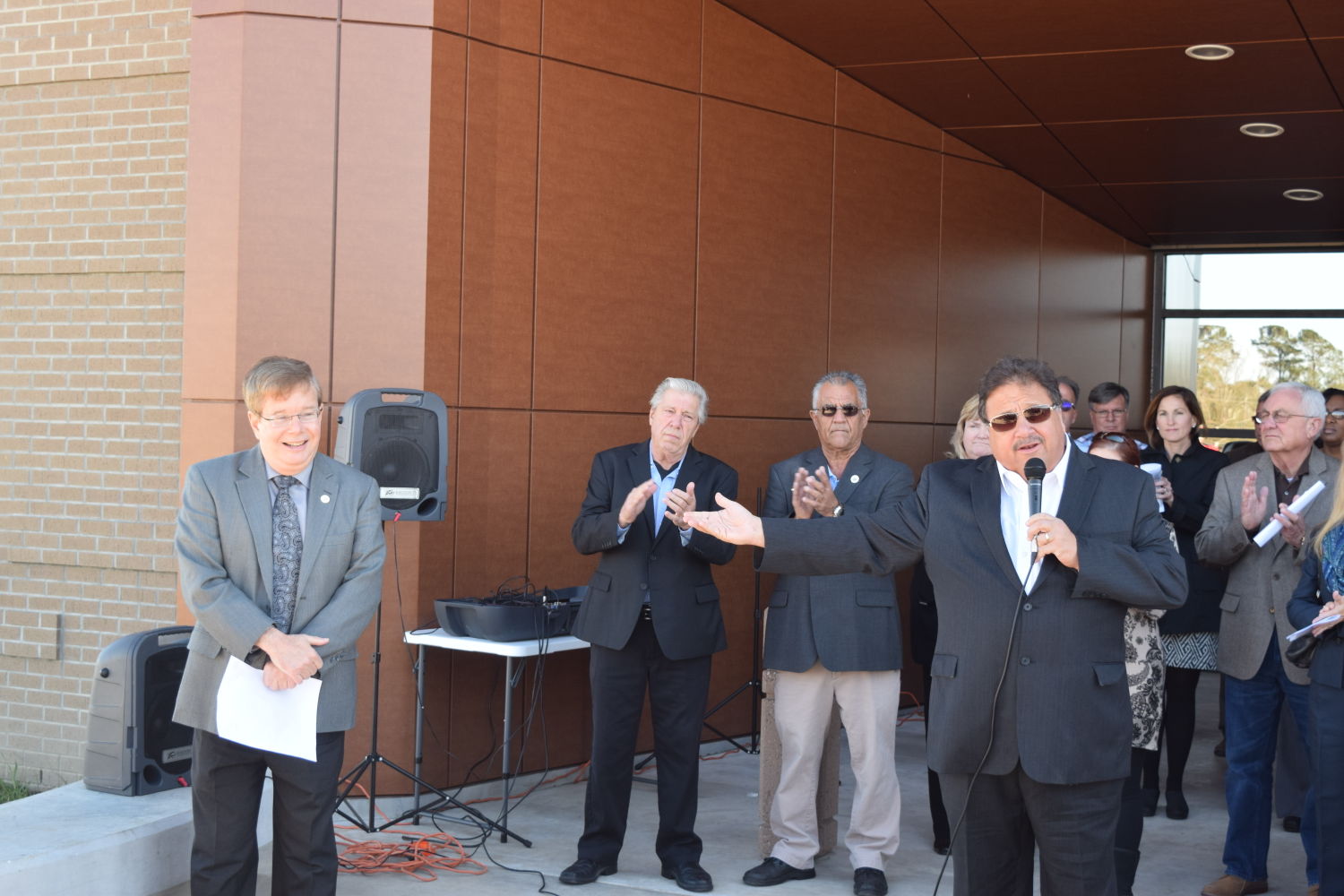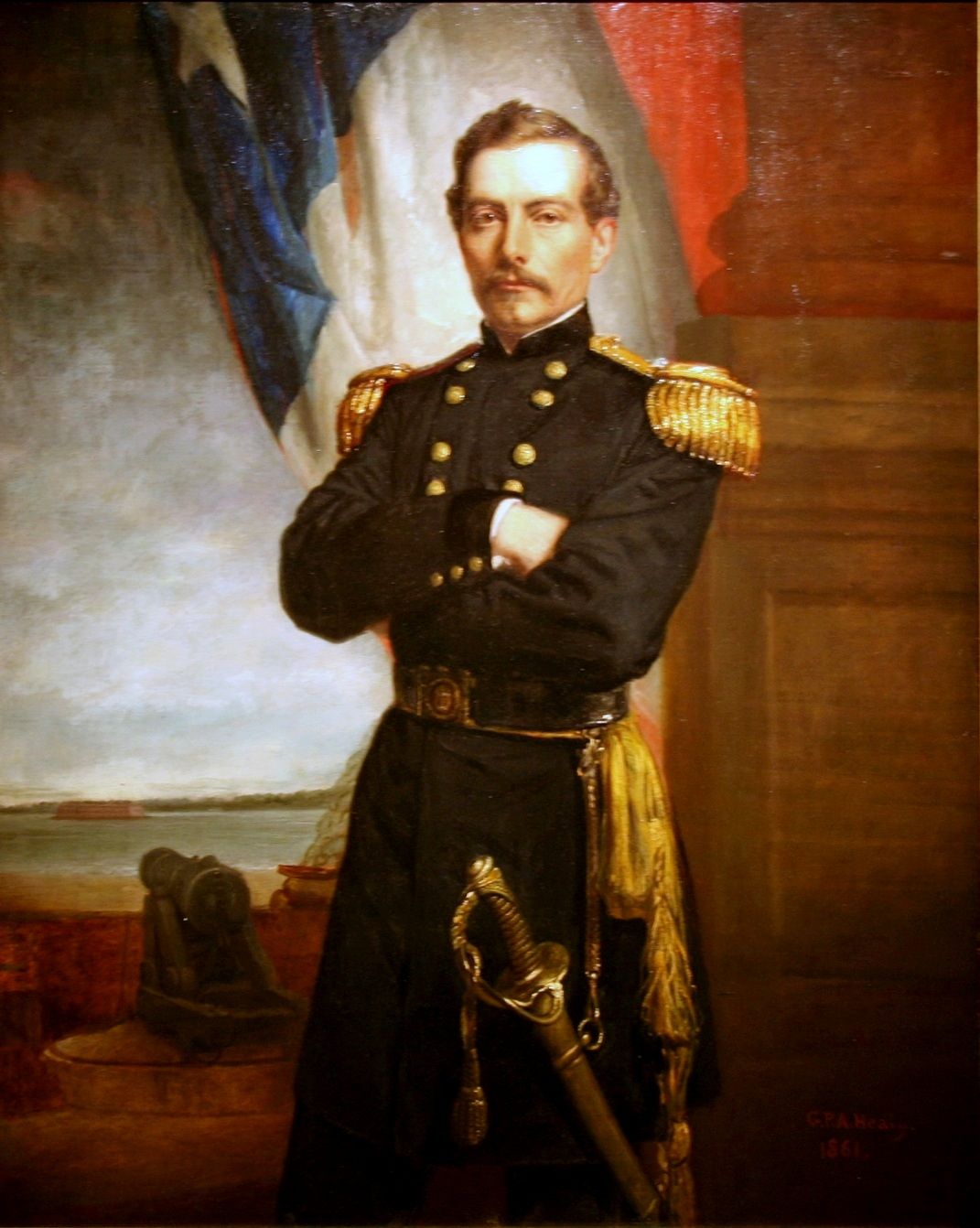
Application period ends today for vacant Ellender football position
January 5, 2016
Dove looking ahead to improving Terrebonne’s many ongoing projects
January 6, 2016I have had occasion, recently, to spend time examining historical archives, dealing with less than pleasant chapters from the Bayou Region’s past, in preparation for an upcoming book.
Yes, the good news is that I have been commissioned to write a book. The bad news is that I have been commissioned to write a book. This has happened twice before in my career as a journalist. The products that emerged were treated kindly by the critics, less so by the market. But that’s the way it goes. A true author looks to the ability to tell a story to the widest audience possible and not the financial rewards. This isn’t just due to social or literary altruism. It is due to the realization that, unless you are Tom Clancy, the time and effort that go into such a task rarely are compensated to the point of financial solvency.
But that is my problem, not yours.
The period of time I am working with is that between the end of Reconstruction and the turn of the 19th Century into the 20th, concerning labor disputes in the sugar fields of Terrebonne, Lafourche and St. Mary that led to bloodshed, and to fractured relations between the races that in some ways still have not healed.
Among the people I have had to research is Gen. Pierre Gustave Toutant Beauregard, because he became the commander of the Louisiana militias that existed during the period I have mentioned, before they were consolidated into the federal National Guard program.
A statue of Beauregard stands at the entrance to City Park in New Orleans, which is now on the endangered species list of statues, along with Robert E. Lee, who soon may no longer lord over the eponymous traffic circle in the Crescent City. There is, in Lafourche Parish, a hall at Nicholls State University named after Beauregard as well, which may in the future become a point of contention.
The decision by the New Orleans City Council to eliminate certain statues, including the one of Beauregard, has gotten a lot of attention. Black and white people who say it is not proper to honor Confederate heroes want the statues eliminated. People who want them to remain say eliminating them would be an affront to their culture and to their heritage.
The problem with the entire controversy is that it paints history with a very broad brush, in shades of black and white, when in reality history evinces itself to be gray.
As a Confederate general he commanded armies at Shiloh and at the siege of Corinth. Under his command, as much of my current research indicates, were soldiers with roots in the Bayou Region. Of greater importance is that after the war Beauregard was a determined rebel. He had to be convinced by Robert E. Lee and other contemporaries to take a loyalty oath to the U.S. after the war and he eventually acceded. He was among the officers of the Confederacy covered by a mass pardon issued by President Andrew Johnson, and was restored the right to run for public office, which was granted by U.S. Grant himself.
In later years he was an advocate for civil rights, and the continuation of the vote for former slaves, and helped forge alliances between black people in Louisiana and the not-always-friendly-to-black people Democratic Party. His supervision of the state lottery was a source of some controversy. His last foray into public service was as adjutant general of the Louisiana State Militia, and eventually director of Public Works in New Orleans.
Had I not come across all of these things in the course of my research, I might well have regarded Beauregard as one more Confederate whose statue belongs in someone’s massive attic.
But looking at the whole, as I am now forced to do, I am not so certain that elimination of his statute is in the best interests of New Orleans or anywhere else. When we take away the statues of men and women who have made history, we lose something in the way of ability to tell the tale. The people of New Orleans, of course, may do what they wish within the confines of the city. But my own experience in terms of Beauregard suggests that greater care should be taken before taking actions that could be irreversible. •







